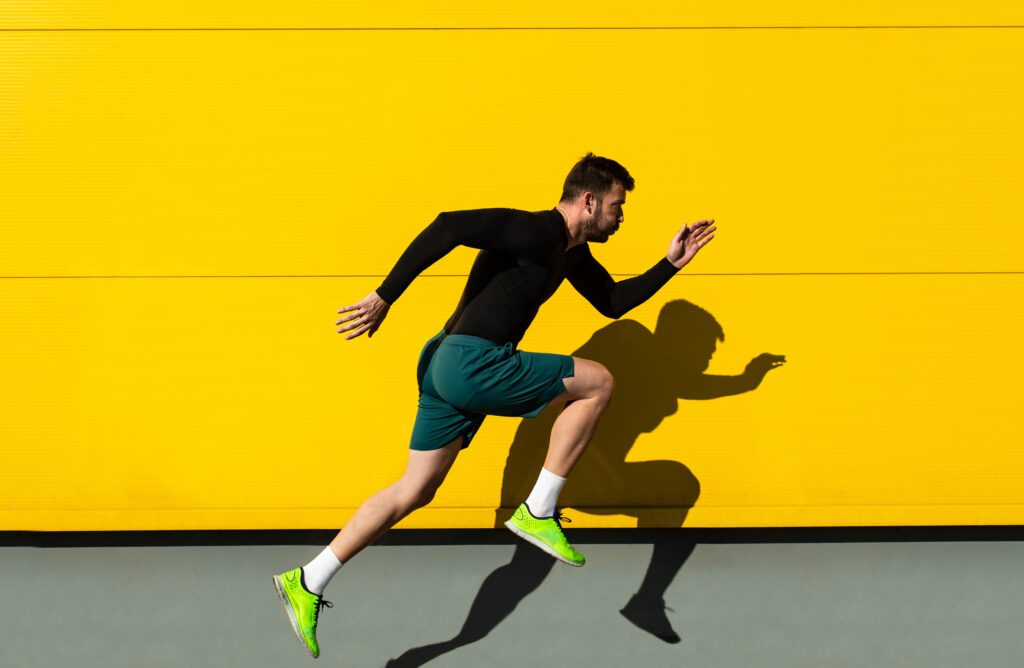
“Fitness While Fasting” – When fasting, it must maintain body fitness. Although exercising while fasting requires extra energy and has the potential to make you thirsty faster, don’t use that as an excuse for not exercising. There are several fitness guidelines while fasting that you can live with.
Some health experts say the fasting month is the right moment to increase daily physical activity. Not only that, but health experts also say that fasting month can be a way to help lose weight. However, this can be realized if you exercise regularly and consistently, balanced by the consumption of eating nutritious foods at iftar and Suhoor.
As long as you follow the guidelines, it would help if you considered exercising while fasting. There is no longer any reason for you not to exercise. So throw away all fears if exercise such as fitness during fasting will make you weak and powerless. But on the contrary, it makes the body stay fit and fit in carrying out daily activities.
Tips for safe fitness while fasting

Here are some fitness exercise guidelines while fasting that you can do to help maintain your fitness during fasting.
1. Reduce exercise intensity
During the month of Ramadan, you can still exercise. It’s just that you should do the exercise you do at a low intensity. When fasting, the body works with a minimal intake of energy reserves, with blood sugar levels down.
Everyone has their limits for lowering blood sugar depending on how much sugar is stored in the liver and how adequate calorie intake is during Suhoor. Whatever the exercise choice, it doesn’t have to be done with high intensity. Just do moderate to moderate fitness exercises.
The benefits of exercise will be more pronounced if done consistently. You can do light fitness such as yoga, walking, cycling, and jogging for 30 minutes a day. This exercise is enough to keep you fresh and fit during fasting.
2. Set exercise time
You will use up all the energy reserves needed during fasting to do fitness exercises after the temperature. However, if you exercise just before breaking the fast, it is likely to cause muscle damage. Because before breaking the fast, the body has used up most of the energy reserves stored during the day. Meanwhile, if you choose to exercise after breaking the fast, you will most likely trigger stomach problems, so that it affects the tarawih prayer activities at night.
Therefore, whatever time of exercise you want to do depends on your choice. Make sure you do fitness exercises according to your body’s abilities and conditions because each individual’s fitness is different. That’s why knowing your body well! Don’t let the fitness you do make it difficult for you to carry out fasting, which impacts your health problems.
3. The type of exercise you do
There are several types of fitness exercises at the gym that you can do while fasting, such as weight training and cardio training. Cardio exercise can help burn all the excess calories you consume during iftar and Suhoor, reducing body fat. While weight training will help take advantage of all protein and carbohydrate intake in muscle building.
Therefore, instead of doing one type of monotonous exercise during the fasting month, you can do a combination of fitness exercises by doing weight training and cardio exercises. But remember, adjust weight training and cardio to your body’s condition and ability during fasting.
4. Pay attention to the nutritional intake needed.
Physical exercise requires extra energy and calories. That’s why it’s essential to pay attention to the body’s need for good nutrition. Increase your intake of protein, fibre, and carbohydrates. In addition, do not forget to meet the needs of body fluids the night before fasting so that when fasting during the day, you avoid dehydration.
You can consume coconut water, bananas, brown rice, potatoes, or dates during fasting. Although relatively light, this type of food is sufficient to provide the carbohydrate intake that the body needs during fasting.
In addition to exercise and nutritional intake, sleep quality also affects activity during the fasting. So make sure you get enough sleep during Ramadan, mainly if you belong to a group that chooses to stay active even during fasting.




